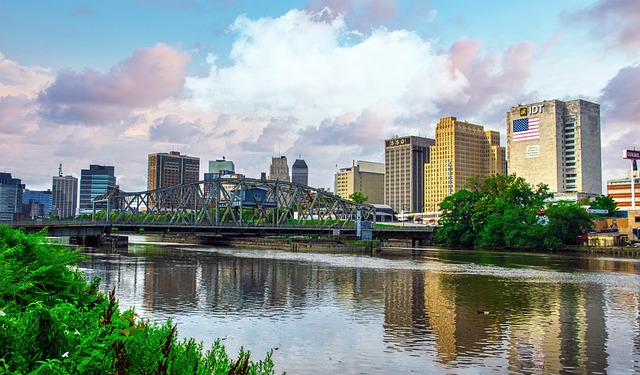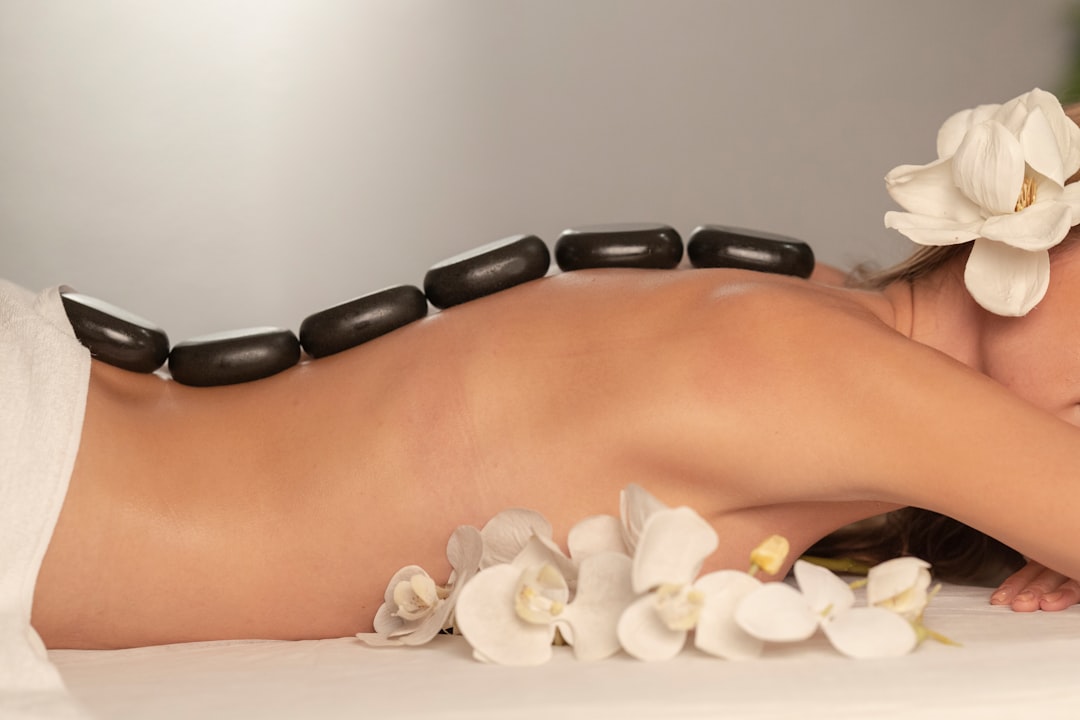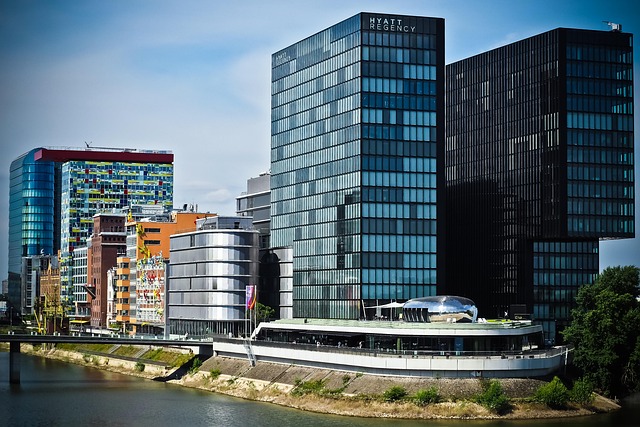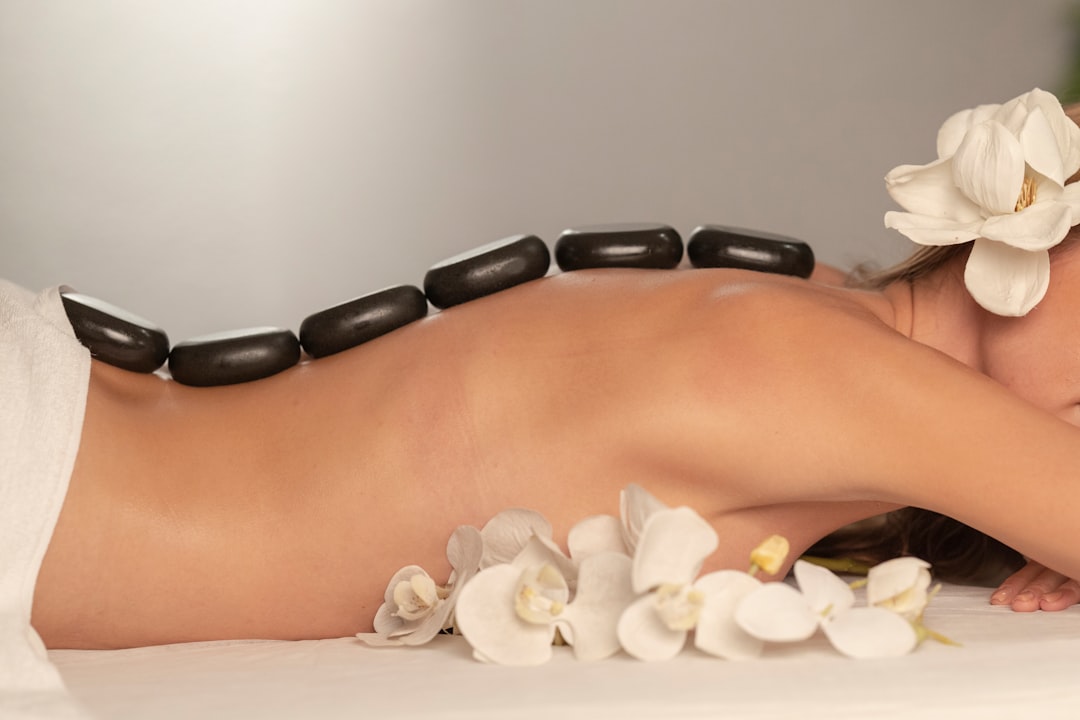Jersey City, New Jersey, has become a focal point for addressing massage sexual assault cases due to recent studies revealing a disturbing trend of non-consensual intimate acts during massages. In response, the city has implemented stricter regulations, mandated informed consent guidelines, and trained therapists to prevent such incidents. Local authorities collaborate with community organizations and massage sexual assault lawyers in Jersey City, NJ, to offer resources for victims and ensure ethical practices, creating a safer environment for clients seeking therapy services.
Jersey City, NJ, has emerged as a leader in addressing a critical issue within the wellness industry: consent in massage therapy. With a growing awareness of massage sexual assault, the city has implemented innovative legislative measures and community initiatives. This article delves into the prevalence of this pervasive problem, explores new laws aimed at protection, and highlights training programs fostering a culture of consent. By examining these strategies, Jersey City serves as a model for other cities, with massage sexual assault lawyers playing a vital role in shaping policies and advocating for victims.
Understanding the Problem: The Prevalence of Massage Sexual Assault in Jersey City

In Jersey City, New Jersey, the issue of consent in massage therapy has gained significant attention due to a growing concern over massage sexual assault cases. Studies and reports indicate an alarming trend where clients have been victims of non-consensual intimate acts during massages, a problem that has led many to seek justice through massage sexual assault lawyers in Jersey City NJ. The city’s response to this crisis involves raising awareness about consent, implementing stricter regulations for massage businesses, and providing training to therapists on recognizing and preventing such incidents.
The prevalence of massage sexual assault in Jersey City underscores the need for robust measures to protect clients. Many victims face challenges in reporting these crimes due to fears of retaliation or embarrassment. This has prompted local authorities and community organizations to collaborate on initiatives aimed at creating a safer environment for massage therapy services. By addressing this problem head-on, Jersey City is making strides towards ensuring that everyone who seeks relaxation or therapeutic relief does so without the risk of becoming a victim of sexual assault during a massage session.
Legislative Efforts: New Laws and Regulations in Jersey City to Combat Consent Issues

In recent years, Jersey City has taken significant legislative steps to address consent issues within the massage therapy industry. The city has introduced and enforced new laws aimed at protecting clients from potential sexual assault and ensuring ethical practices in spas and massage businesses. These regulations are a response to growing concerns about the vulnerability of individuals seeking relaxation and therapeutic services.
The new legislation includes stringent guidelines on informed consent, requiring therapists to clearly communicate boundaries and obtain explicit permission before performing any treatment. Massage establishments are also mandated to provide clients with detailed information about staff training, licensing, and complaint procedures. Additionally, Jersey City has collaborated with local legal experts specializing in massage sexual assault cases to offer resources and support for victims, ensuring they have access to knowledgeable attorneys like those in Jersey City, NJ, who can guide them through the legal process.
Community Initiatives: Training, Education, and Support Systems for Massage Therapists and Clients

In Jersey City, NJ, there’s a concerted effort to foster a safe and consensual environment in the realm of massage therapy. Community initiatives focus on empowering both therapists and clients through comprehensive training and education programs. These programs aim to raise awareness about consent, spot potential red flags, and promote ethical practices. Therapists are equipped with the knowledge to create a safe space for their clients, ensuring every interaction is based on mutual agreement.
Support systems have also been established to provide resources and guidance. Massage therapists can access workshops, webinars, and networking events that delve into consent dynamics. Similarly, clients benefit from informational sessions that educate them about their rights and the importance of setting boundaries. These collaborative efforts between massage professionals, community organizations, and legal experts like Jersey City’s sexual assault lawyers are instrumental in addressing the issue of consent, fostering trust, and preventing potential misuse within the therapy setting.





